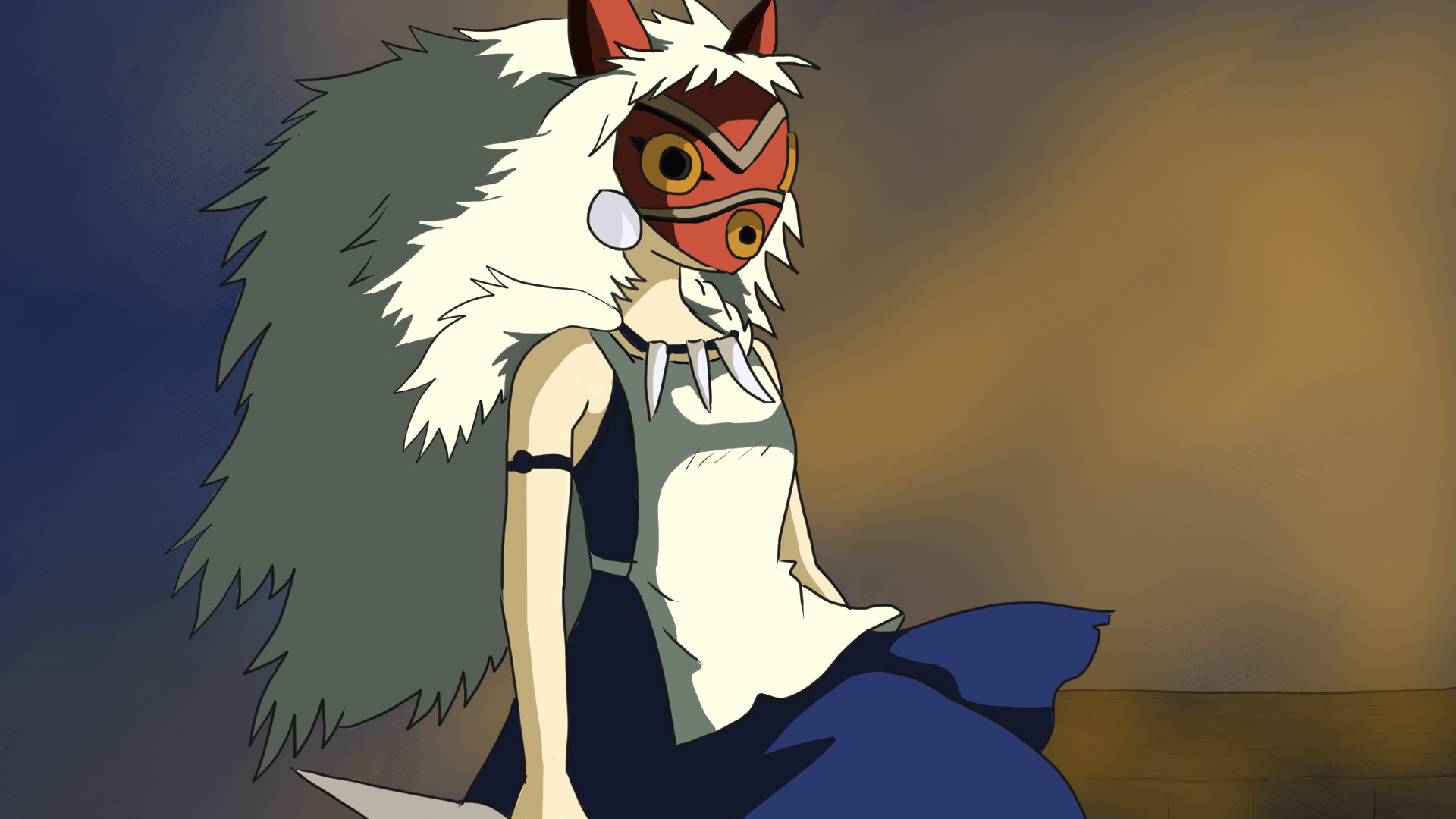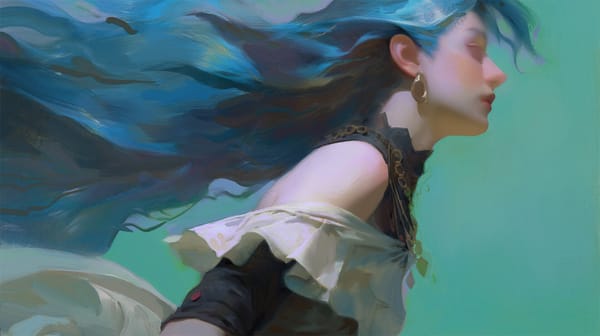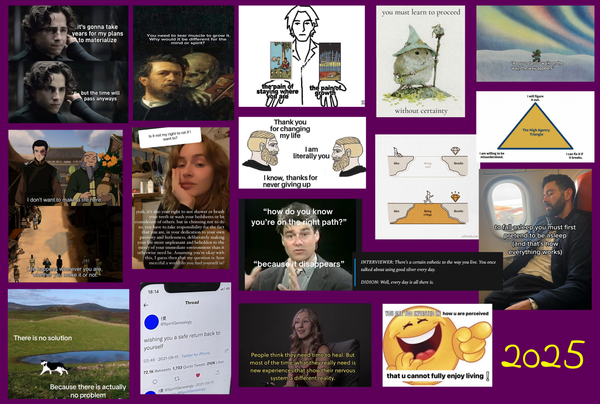4 lessons I learned from drawing 31 days
Learning and growing to be a better creator from my 31-day Inktober challenge.


This November, I'm challenging myself to write every day. You can read them all under the "Shorts" category, where each post should be around 500-1k words. Think of them as "less polished" than my usual longer blog posts. This is Day 2.
I like doing challenges lately. For me, it's a good way to hold myself accountable, especially if I keep track and talk about it on Twitter too.
One thing for certain is that I don't believe my overall drawing skills improved at all after drawing for 31 days for Inktober October, hah. But I think my digital art technique did improve substantially from before!
I still have a few takeaways, mainly regarding how drawing and painting taught me to become a better creator too. Here are four lessons from taking part in a 31-day drawing challenge.
🎨 Check out:
Lesson #1: Paying more attention to my surroundings
As I drew more, I noticed that I was paying more attention to detail to my surroundings whenever I walk or in the car.
To name a few, I think about how the trees are lined up, colours blend into one another, the sunlight casts shadows onto things while residue light escapes from them. I think about these things and imagine in my head how that might translate if I were to draw and paint them digitally.
By becoming more aware of my surroundings, I'm also learning to become more present.
Lesson #2: Becoming more present
I can see how adult colouring books are a thing. According to a journal called Art Therapy, they have found that colouring (mandalas) can be more effective than reading at reducing anxiety and improving mindfulness.
I'm not colouring mandalas, but I did find myself immersed in colouring. Even though I'm colouring and painting digitally, I'm still holding a pen stylus to colour in the space. I find myself becoming more present with each stroke I paint on the screen. It feels therapeutic.
Lesson #3: Pushing through the uncomfortable
Not gonna lie: while I enjoy the process of drawing and painting, I needed to push through the discomfort of getting started. I nearly gave up a few times because I couldn't bring myself to start.
I had my doubts. I knew my drawings weren't as good (in comparison to the better-looking art out there) because perfectionism had gotten the better of me. What if I'm not up to the task? Can I be good enough?
No one, like any other trade, gets off to a good start. We have to go through the bad before we can become good at something. Drawing (as with any other skill) begins as a beginner too. I used to draw and paint a little in school, but not enough to be considered "good".
Once I get past this barrier and force myself to pick up the stylus to start, I forget about the discomfort and start to enjoy the creative process. Sometimes, the hardest part is simply getting started.

Lesson #4: Start sketching first, regardless of how bad it is
Perfectionism got in the way of getting started. I kept thinking about what if my drawing was poor or not good enough. By my standards, some of them were pretty bad, hah, but I enjoyed the process of discovering what I'm capable of! If it turns out well, that's a big bonus.
The trick is to start sketching out your drawing, no matter how bad it might look.
First, get the outline out. Once you have that, you can then polish up with the line art, followed by the colouring. (Example time-lapse video to see how I do it)
Sounds familiar? Just like writing, for example, you get out the draft first, no matter how messy it may look. Worry about editing after that.
I'll write another piece more about the technical skills I learned some other time! Keeping these short posts short.




